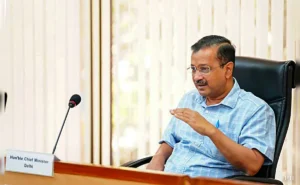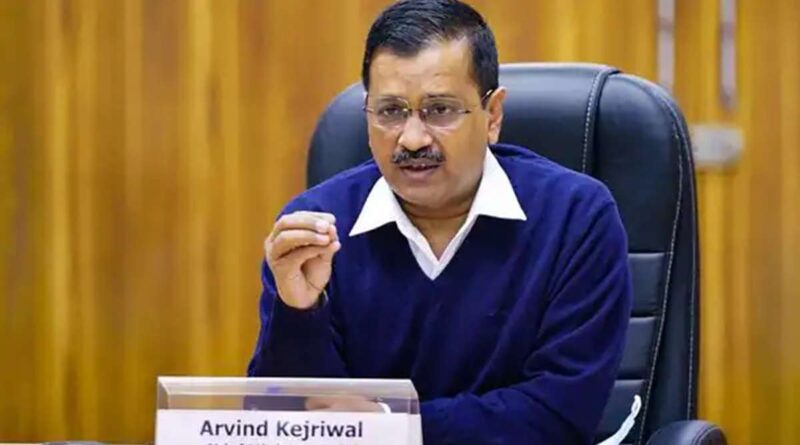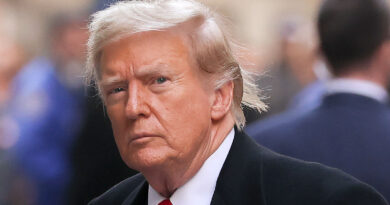Arvind Kejriwal’s Tenure as Chief Minister and the Role of Enforcement Directorate: A Critical Analysis
Contents
Introduction:
Arvind Kejriwal, the Chief Minister of Delhi, has been a prominent figure in Indian politics known for his anti-corruption stance, grassroots activism, and leadership style. However, his tenure has not been without controversies, including investigations by agencies like the Enforcement Directorate (ED). In this article, we delve into Arvind Kejriwal’s governance, achievements, challenges, and the role of the Enforcement Directorate in scrutinizing allegations against him and his administration.
1. Rise to Power and Political Ideals:
Arvind Kejriwal’s journey from an activist to Chief Minister symbolizes the aspirations of a new political era in India. His initial foray into politics with the Aam Aadmi Party (AAP) was fueled by a commitment to transparency, accountability, and people-centric governance. Kejriwal’s election as Chief Minister of Delhi marked a turning point in Indian politics, challenging traditional party structures and advocating for clean governance.
2. Governance and Policy Initiatives:
During his tenure as Chief Minister, Arvind Kejriwal focused on key policy areas such as education, healthcare, infrastructure, and public services. Initiatives like Mohalla Clinics, improved school infrastructure, free water supply, and subsidized electricity tariffs garnered praise and support from residents of Delhi. Kejriwal’s emphasis on service delivery and welfare programs aimed at marginalized communities reflected his governance priorities.

3. Controversies and Allegations:
Arvind Kejriwal’s administration has faced scrutiny and allegations related to governance issues, financial irregularities, and political controversies. These include allegations of corruption, misuse of funds, and conflicts with central government agencies such as the Enforcement Directorate. The nature and extent of these allegations have sparked debates about transparency, accountability, and the political landscape in Delhi.
4. Role of Enforcement Directorate:
The Enforcement Directorate, an agency tasked with investigating economic offenses and financial crimes, has played a significant role in probing allegations against Arvind Kejriwal and his government. Investigations related to alleged irregularities in funding and donations to AAP, as well as other financial matters, have drawn attention and raised questions about the accountability and integrity of political leaders.
5. Impact on Governance and Public Perception:
The controversies and investigations involving Arvind Kejriwal have had implications for governance, public perception, and political dynamics in Delhi. While supporters view him as a crusader against corruption and vested interests, critics point to the need for transparency, accountability, and adherence to legal norms in governance. The role of agencies like the Enforcement Directorate in investigating allegations adds complexity to the political landscape.
6. Future Challenges and Opportunities:
As Arvind Kejriwal’s tenure as Chief Minister continues, navigating challenges related to governance, accountability, and legal scrutiny remains paramount. Balancing the demands of effective governance with transparency and accountability will be crucial in addressing public concerns and maintaining trust in democratic institutions. The role of political leadership, civil society, and independent agencies in promoting ethical governance and upholding the rule of law will shape Delhi’s political trajectory.
Conclusion:
Arvind Kejriwal’s tenure as Chief Minister of Delhi has been marked by a mix of achievements, controversies, and challenges. While his governance initiatives have garnered support, allegations and investigations by agencies like the Enforcement Directorate have raised questions about accountability and transparency. The ongoing scrutiny underscores the importance of ethical governance, adherence to legal norms, and public trust in democratic institutions. As Delhi navigates complex political dynamics, the role of leadership, civil society, and regulatory mechanisms will be pivotal in shaping its future trajectory.




